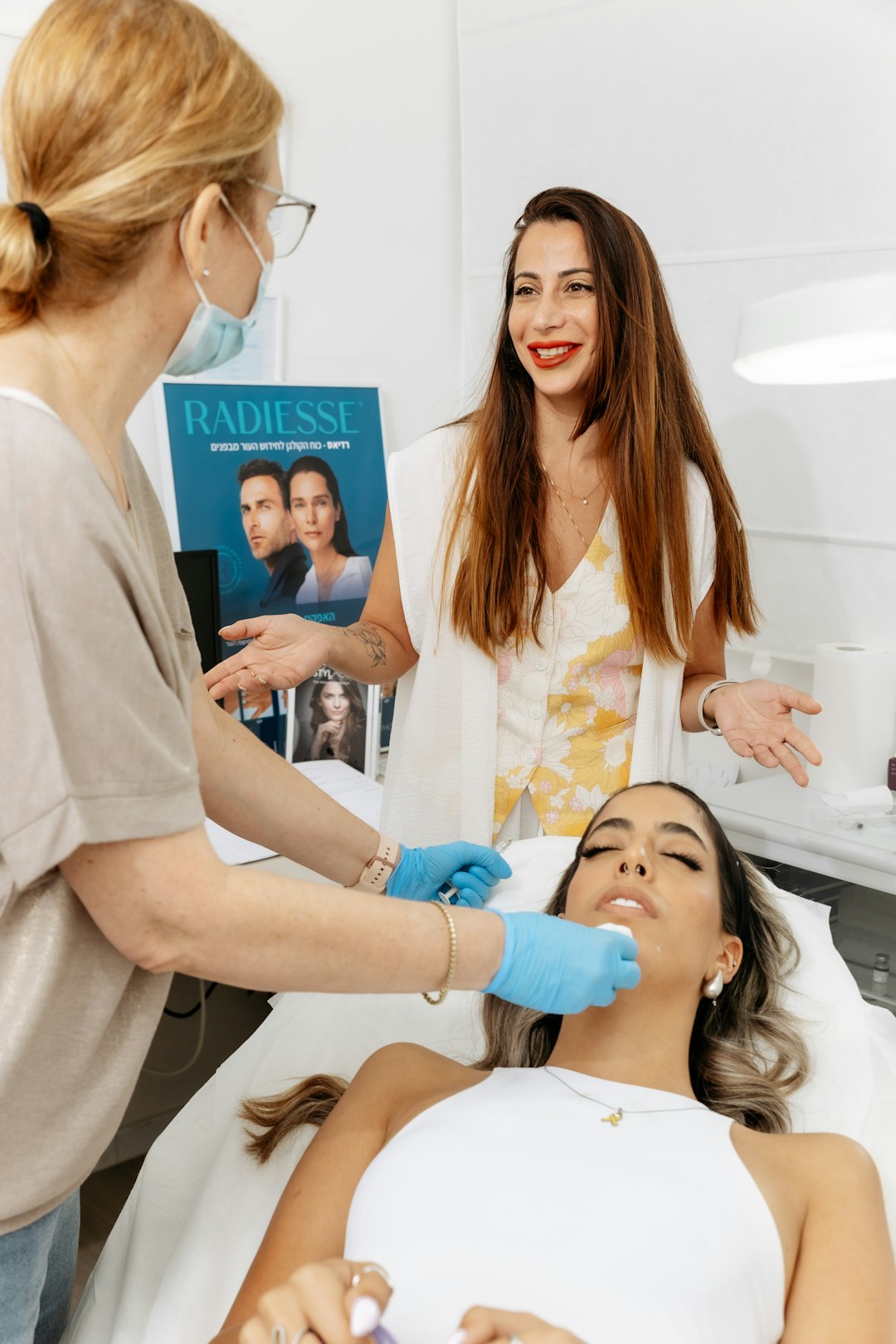Breaking down the Science of Hair Growth and Preventing Hair Loss
Hair loss is a common concern for both men and women, and it can significantly impact one’s self-esteem and confidence. In order to address this issue effectively, it is essential to understand the science behind hair growth and the factors that contribute to hair loss. By gaining a comprehensive understanding of this process, we can explore various preventive measures and treatments that can help combat hair loss effectively.
The Science of Hair Growth
Hair growth is a complex biological process, influenced by various factors such as genetics, hormones, nutrition, and overall health. Each hair strand goes through a growth cycle with three key stages:
1. Anagen Phase: This is the active growth phase, where the hair follicle produces new cells and the hair strand continues to elongate. On average, this phase lasts from two to seven years and determines the length of our hair.
2. Catagen Phase: This short transitional phase lasts for a couple of weeks. During this phase, the hair follicle shrinks, and hair growth slows down.
3. Telogen Phase: Also known as the resting phase, this is when the hair follicle remains dormant for a few months. Following this phase, the hair strand falls out and is replaced by a new hair strand in the anagen phase.
Understanding Hair Loss
Hair loss occurs when this natural hair growth cycle is disrupted. Various factors contribute to hair loss, including:
1. Genetics: The most common cause of hair loss is hereditary or genetic predisposition. This type of hair loss is called androgenetic alopecia, or male/female pattern baldness. It is caused by the hormone dihydrotestosterone (DHT) binding to hair follicles, resulting in the miniaturization of the follicles and thinner hair strands.
2. Hormonal Imbalance: Hormonal changes, such as those experienced during pregnancy, menopause, or due to medical conditions like polycystic ovary syndrome (PCOS), can lead to hair loss. Hormonal imbalances can affect the hair growth cycle and cause excessive shedding.
3. Nutritional Deficiencies: A poor diet lacking essential nutrients, such as protein, iron, vitamins, and minerals, can affect the health of your hair. Hair follicles require these nutrients to produce healthy, strong hair. Deficiencies can result in weakened hair strands and increased hair loss.
4. Scalp Conditions: Certain scalp conditions, like dandruff, psoriasis, or fungal infections, can disrupt the hair growth cycle and lead to hair loss. These conditions create an unfavorable environment for healthy hair growth.
Preventing Hair Loss
While some factors contributing to hair loss are beyond our control, there are preventive measures that can help maintain healthy hair growth:
1. Balanced Diet: Consuming a well-rounded diet provides the necessary nutrients for healthy hair growth. Including foods rich in proteins, such as lean meats, eggs, and legumes, as well as fruits, vegetables, and whole grains, ensures an adequate supply of vitamins and minerals.
2. Scalp Care: Maintaining a clean and healthy scalp is crucial for promoting hair growth. Regularly washing the hair with a gentle shampoo, avoiding excessive heat styling, and gently massaging the scalp can improve blood circulation and the overall health of hair follicles.
3. Stress Management: Chronic stress can disrupt the hair growth cycle and contribute to hair loss. Incorporating stress-relieving activities, such as exercise, meditation, or hobbies, can help reduce stress levels and promote a healthy mindset.
4. Professional Treatments: In cases where hair loss is significant or persistent, seeking professional help is advisable. Treatments such as minoxidil, finasteride, or hair transplant surgeries can be effective solutions depending on individual circumstances.
Understanding the science of hair growth and how to prevent hair loss allows us to take proactive measures to maintain healthy, thick hair. While genetics play a significant role in hair loss, adopting a healthy lifestyle, nourishing our bodies, and taking care of our scalp can make a substantial difference. It is essential to address hair loss concerns promptly and seek professional guidance when necessary to ensure the best possible outcome. Remember, healthy hair not only enhances our physical appearance but also boosts our self-confidence and well-being.








